The United States Supreme Court announced on Monday that it will not review the case of former Minneapolis Police officer Derek Chauvin, who was attempting to appeal his conviction for the 2020 murder of George Floyd.
Chauvin’s appeal, which claimed that outside political pressure and violent threats tainted the 2021 conviction, was submitted in July after multiple failed attempts to revisit the case with lower courts.
Derek Chauvin, who worked for the police department of Minneapolis, Minnesota from 2001 to 2020, is currently serving a 22-year sentence for second-degree unintentional murder, third-degree murder, and second-degree manslaughter in connection with the death of George Floyd. On May 25, 2020, Chauvin and three other Minneapolis police officers attempted to arrest Floyd for passing off a counterfeit $20 bill at a convenience store. Video of the arrest shows Floyd refusing to comply with the officers’ commands and complaining of difficulty breathing. An ensuing struggle led to Floyd being wrestled to the ground while handcuffed, at which point Chauvin knelt on his upper back for approximately nine minutes. When medical personnel arrived, Floyd was pronounced dead.
Chauvin was dismissed from the Minneapolis Police Department one day after the incident and arrested less than a week later. In the wake of Floyd’s death, mass protests and riots broke out in the United States and Europe in the name of the Black Lives Matter organization—and Chauvin’s attorneys argue that this widespread civil unrest deprived their client of a fair trial.
“This criminal trial generated the most amount of pretrial publicity in history,” attorney William Morhmann said when the appeal was first filed in July. “More concerning are the riots which occurred after George Floyd’s death and led the jurors to all express concerns for their safety in the event they acquitted Mr. Chauvin — safety concerns which were fully evidenced by surrounding the courthouse in barbed wire and National Guard troops during the trial and deploying the National Guard throughout Minneapolis prior to jury deliberations.”
Chauvin’s defense argues that, by refusing to grant a change of venue or sequester the jury despite “pervasive adverse publicity,” the courts denied the former officer’s due process rights.
Learn the benefits of becoming a Valuetainment Member and subscribe today!
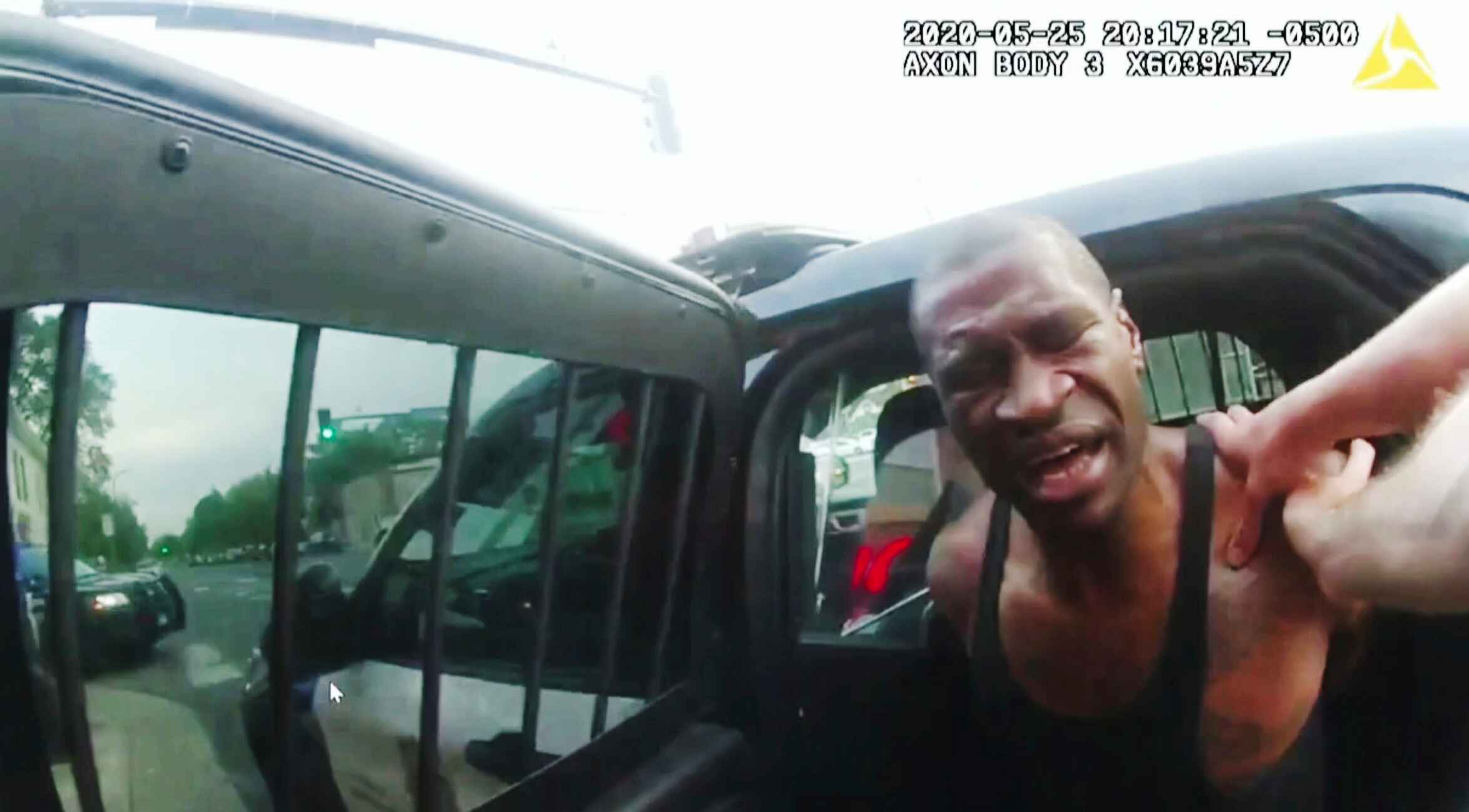
The latest appeal marks Chauvin’s latest attempt to revisit the contentious case. Previous appeals submitted to the Minnesota Court of Appeals and the state’s Supreme Court were equally unsuccessful.
The Supreme Court did not specify exactly why it was declining to review the case on Monday. However, it should be noted that the high court only accepts roughly 100 of the 7,000+ cases submitted for review each year.
Chauvin is also serving a concurrent 20-year sentence for a Federal Civil Rights conviction, which he is similarly attempting to appeal. Last week, Chauvin appeared in court to present new evidence allegedly proving that he did not actually cause Floyd’s death. Representing himself in the proceedings, Chauvin cited Dr. William Schaetzel, a Kansas pathologist who reviewed autopsy reports and believes Floyd died from a rare tumor called a paraganglioma that can cause a fatal surge of adrenaline.
This report, coupled with initial autopsy findings that discovered lethal amounts of fentanyl and methamphetamine in Floyd’s system at the time of death, has led Chauvin to request a new trial. He claims that no jury allowed to hear this evidence would have convicted him.
Separate legal action to appeal Chauvin’s civil rights conviction is still pending.

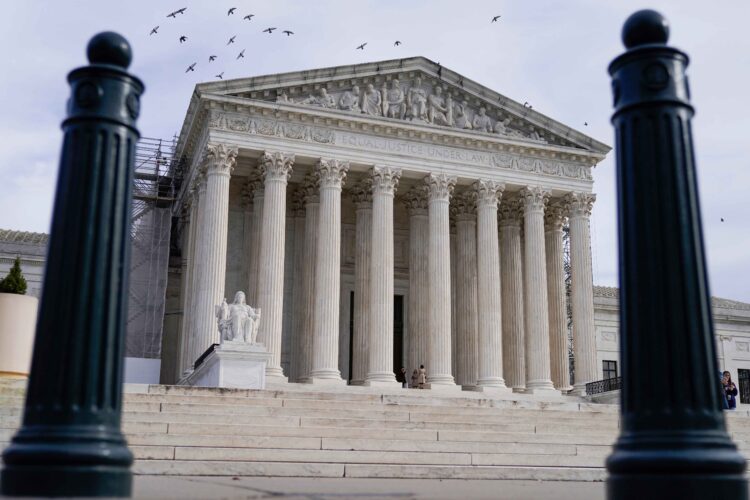
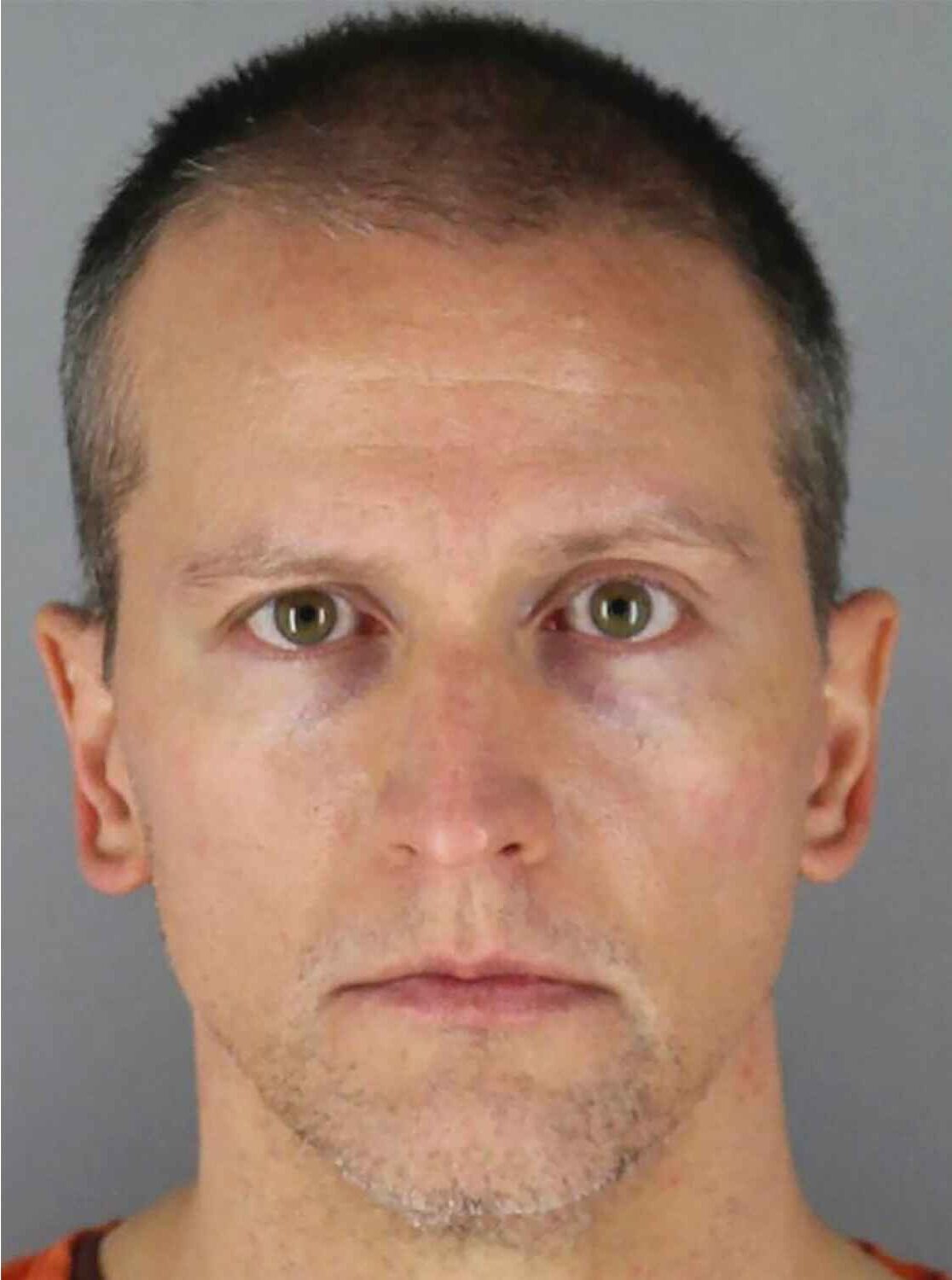





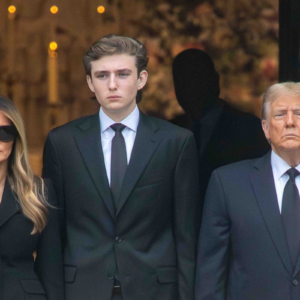


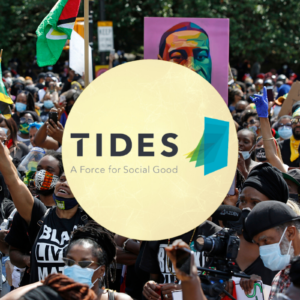







Add comment